Anxiety is common in those of all ages. It can show up in the form of phobias, OCD, panic attacks, or PTSD. As time passes, what causes anxiety in older adults becomes more age-specific. These issues can even be linked to memories as much as the present concerns in our lives.
Anxiety can be much more disruptive than we realize since it can also lead to other health issues. It can affect our daily lives, leading to depression, a lack of socialization, and poor nutrition. Anxiety is also common in those with neurological diseases, due to the memory issues they face. Let’s look at some common anxiety causes in seniors, though be advised that this information is for educational purposes only.
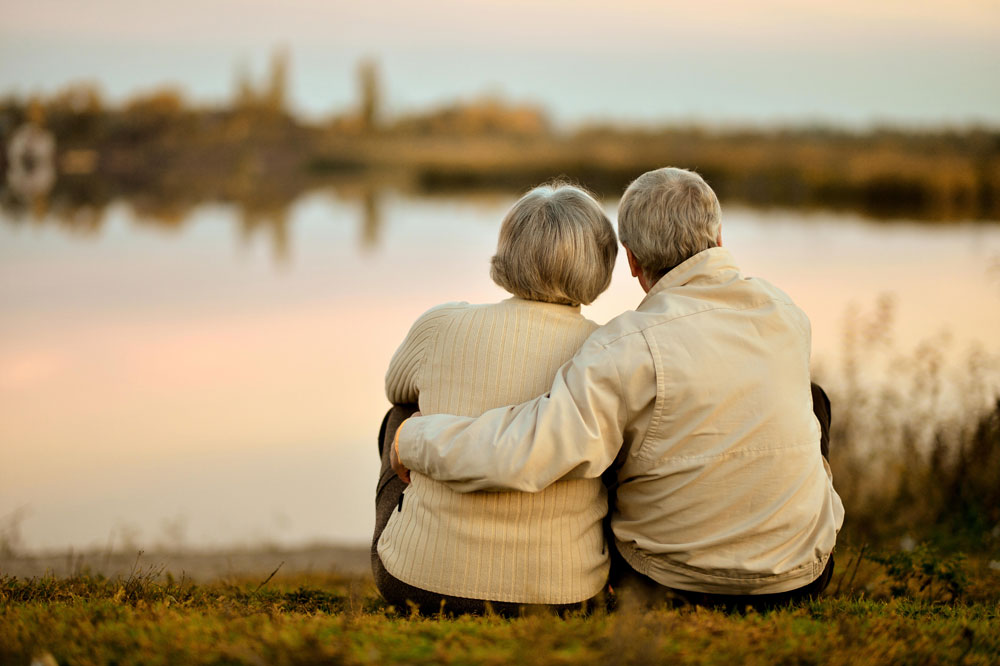
Common Causes of Anxiety in Older Adults
There are many causes of anxiety in older adults. Stress, trauma, or grief can all cause anxiety, as can overuse of caffeine, alcohol, or drugs. Neurodegenerative disorders, like dementia, can also contribute to these issues. Family history including mental or medical illness can cause one to constantly monitor themselves for signs of those illnesses.
As we age, there are also new anxiety concerns that arise. Our bodies begin to fail, causing new medical problems. The risk of falling or being unable to care for ourselves, requiring dependence on others, is common in seniors. Higher expenses due to medical care, medication, or outside help can worsen anxiety.
As we age, we also begin to see those close to us pass away, which leads to a fear of doing the same. As those we love leave us, we also begin to fear the possibility of being left alone. When added together, these concerns can cause high anxiety levels in older adults.
Anxiety symptoms in older adults
Several symptoms can arise from the many causes of anxiety in older adults. These can include excessive fear or worry, depression, safety concerns, hoarding, or difficulty sleeping. Avoiding social interactions, muscle tension, nausea, sweating, and a racing heart are also possible symptoms. Refusal to do daily activities or being obsessed with following a routine can also be signs of anxiety.
How can you help your elderly with anxiety?
If you know an older person who is dealing with anxiety, there are several ways you can help them through it. First, be calm and reassuring, offering support and comfort during an anxiety attack. You may also want to acknowledge their fears, though it isn’t a good idea to play into them.
If you notice they are withdrawing from friends and family, which is not only a sign but often also a cause of anxiety in older adults, encourage them to rejoin social activities. Exercise, mediation techniques, or just talking with loved ones can all help to reduce stress and anxiety.
You may also want to monitor their use of things that can aggravate their anxiety. These can include caffeine, nicotine, herbal supplements, medication, alcohol, or food. Limiting exposure to negative discussions or events can help reduce fears and anxiety.
There are treatment options available as well. A medical health professional can offer assistance with elderly anxiety patients. They can recommend treatment options and therapy to help older adults cope with their anxiety causes.
This content comprises informative and educational resources only and can not be considered as a substitute for professional health or medical guidance. Reliance on any information provided in this article is solely at your own risk. If you have any inquiries or apprehensions about your medical condition or health goals, talk with a licensed physician or healthcare provider.


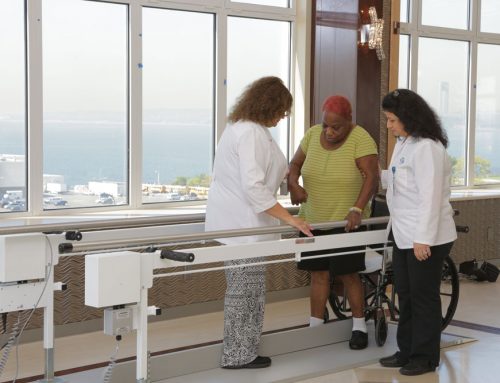
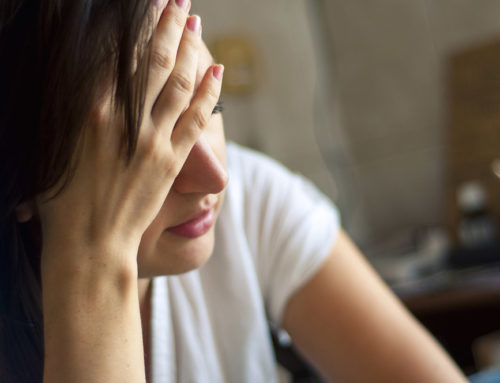
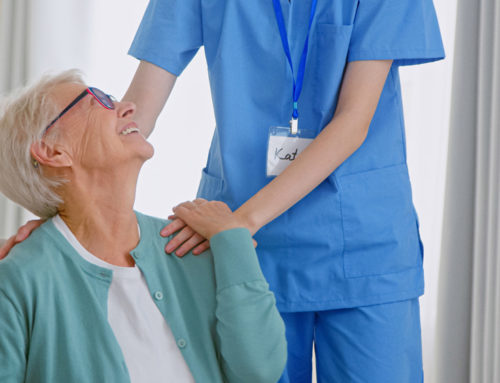
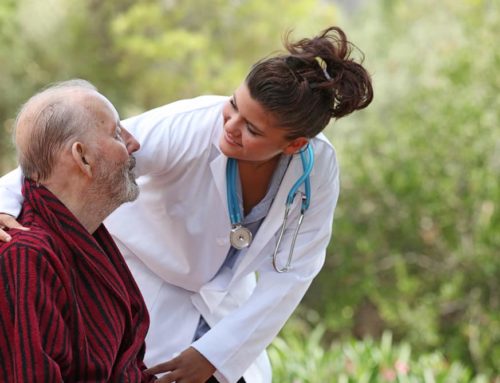
Leave A Comment